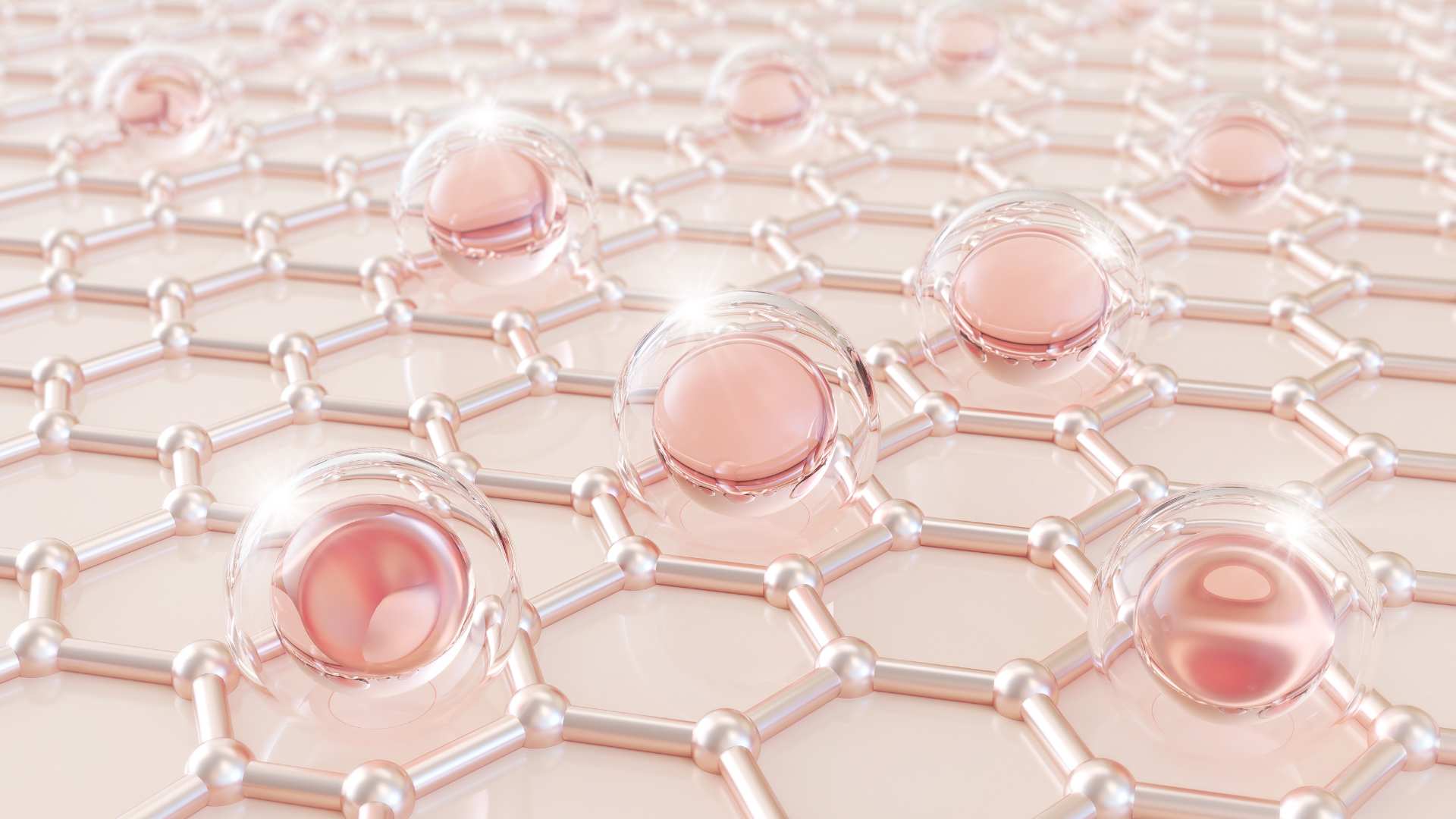What Temperature Does Collagen Break Down? (Why Quality Matters)

Collagen, the foundational protein supporting our skin, bones, and joints, has a critical threshold when exposed to heat—vital for culinary enthusiasts and health-conscious individuals alike.
Scientific studies reveal that collagen begins to denature at low temperatures, making temperature control essential for preserving its health benefits.
The Science of Collagen Breakdown
Collagen's response to heat varies, with denaturation occurring at temperatures that depend on its source and form: (1)
- Calcified Collagen: Denatures at 160°C (320°F).
- Collagen Tissues: Begin to show changes at around 60°C (140°F).
- Human Lung Collagen Monomers: Can denature at body temperature (37°C or 98.6°F) over time.
This variability highlights the importance of understanding collagen's heat sensitivity for dietary and supplemental use. (2)
Implications for Cooking and Food Preparation
Preserving collagen's nutritional benefits while cooking requires mindful temperature management:
- Gentle Cooking: Employ low-heat cooking methods like simmering to avoid surpassing collagen's denaturation points.
- Supplemental Consideration: For collagen supplements added to hot foods or beverages, ensure temperatures remain conducive to preserving collagen's efficacy.
Collagen Stability in Supplements
Despite heat sensitivity in foods, collagen supplements are designed for stability:
- Hydrolyzed for Absorption: Supplements like Wild Foods' Collagen Peptides are hydrolyzed, enhancing bioavailability and resistance to heat degradation.
- Practical Usage: Incorporating these supplements into your diet, even in warm dishes, maintains their health-promoting properties, thanks to their processing and formulation.
Final Thoughts
Collagen's nuanced heat sensitivity underscores the importance of temperature awareness in maximizing its health benefits.
By adhering to the specific temperature guidelines outlined by scientific research, individuals can effectively incorporate collagen into their diets without diminishing its nutritional value.
Embrace the full benefits of collagen with Wild Foods' Collagen Peptides, crafted for superior absorption and effectiveness.
Perfect for supporting a healthy lifestyle, our product ensures you get the most out of collagen, regardless of cooking temperatures.
Shop Wild Foods' Collagen Peptides today and take a pivotal step towards enhanced wellness.
FAQs
At what temperatures does collagen begin to denature?
Collagen denatures at different temperatures depending on its source and form. For example, calcified collagen denatures at 160°C (320°F), collagen tissues begin to change at around 60°C (140°F), and human lung collagen monomers can denature at body temperature (37°C or 98.6°F) over time. Understanding these temperatures is crucial for both cooking and supplementing with collagen to preserve its health benefits.
How can I preserve the nutritional benefits of collagen when cooking?
To preserve collagen’s nutritional benefits during cooking, it is recommended to use gentle cooking methods such as simmering, which involve lower temperatures to avoid surpassing collagen's denaturation points. This mindful temperature management helps maintain the integrity and effectiveness of collagen in foods.
Are collagen supplements affected by heat the same way as collagen in food?
No, collagen supplements, particularly those that are hydrolyzed like Wild Foods' Collagen Peptides, are designed to withstand heat better than natural collagen in foods. Hydrolyzed collagen supplements have enhanced bioavailability and are resistant to heat degradation, allowing them to maintain their health-promoting properties even when added to warm dishes or beverages. This processing and formulation ensure that the collagen remains effective, making it practical for incorporation into various recipes.
Related Studies
Title: Thermal stability of collagen triple helix: Thermodynamic studies of environment dependence
- DOI: 10.1002/pro.5560010404
- Link: https://onlinelibrary.wiley.com/doi/abs/10.1002/pro.5560010404
Title: Thermal transitions in collagen
- DOI: 10.1016/B978-0-12-109761-6.50014-9
- Link: https://www.sciencedirect.com/science/article/pii/B9780121097616500149
Title: Effects of Cooking on Protein Digestion of Common Fish Species: A Comparative In Vitro Study
- DOI: 10.3390/nu12061596
- Link: https://www.mdpi.com/2072-6643/12/6/1596
Title: Effects of enzymatic hydrolysis on molecular structure and antioxidant activity of barley hordein
- DOI: 10.1016/j.foodchem.2014.05.115
- Link: https://www.sciencedirect.com/science/article/pii/S0308814614006417
Title: Hydrolyzed Collagen—Sources and Applications
- DOI: 10.3390/cosmetics7010008
- Link: https://www.mdpi.com/2079-9284/7/1/8
